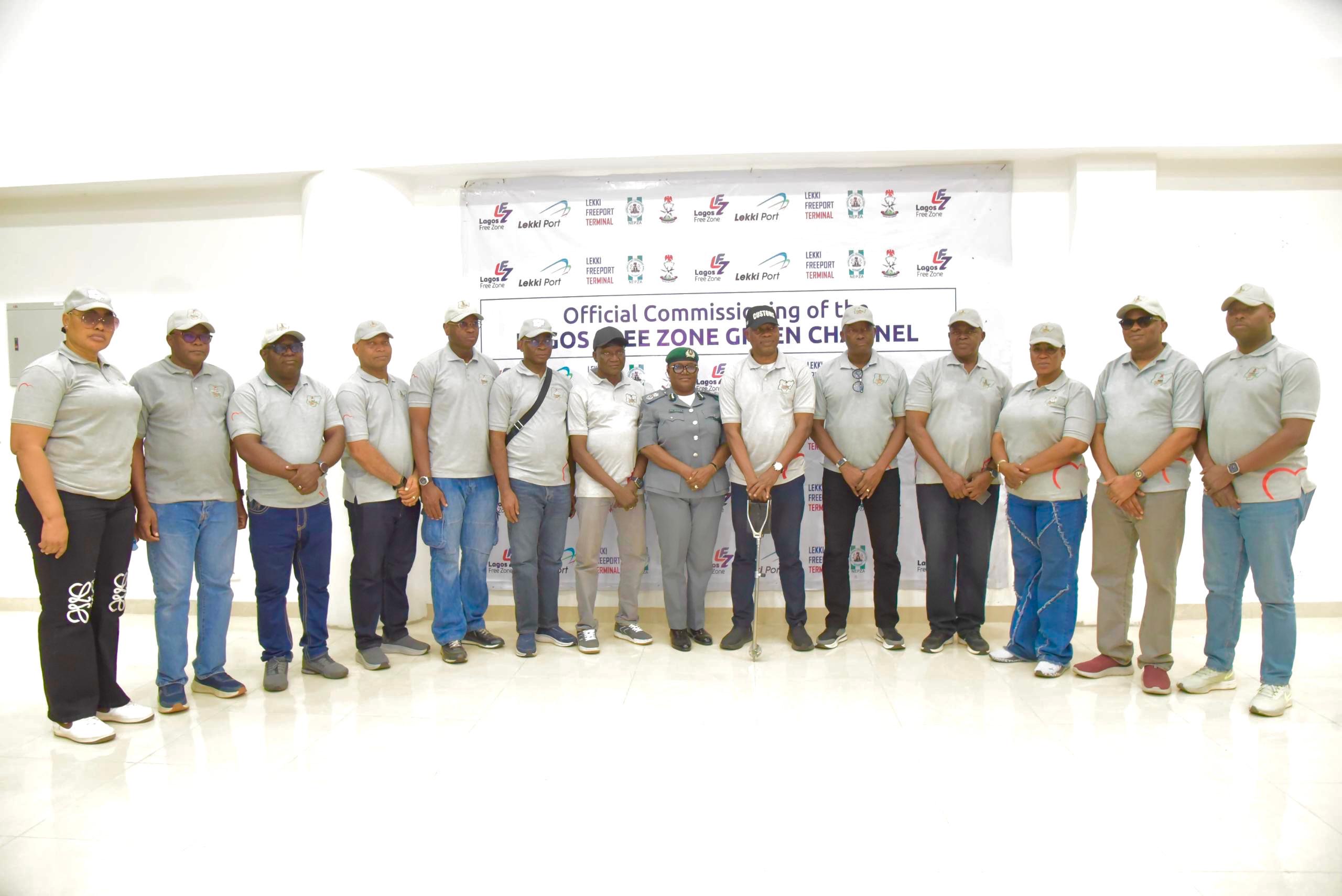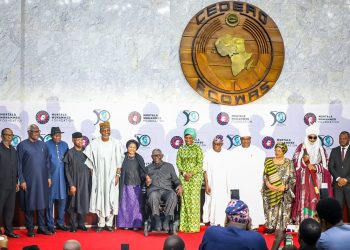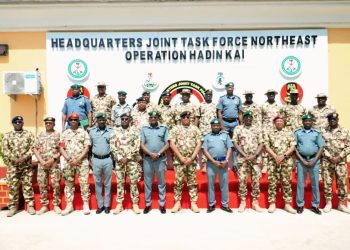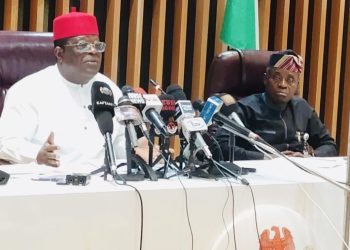By Nkechi Eze
In a bold move to tackle Nigeria’s persistent digital divide, the Nigerian Communications Commission (NCC), in collaboration with the Association for Progressive Communications (APC) and other key stakeholders, has convened a high-level workshop aimed at promoting inclusive policy frameworks for community networks in underserved and unserved communities across the country.
The two-day workshop, held in Abuja from June 3–4, 2025, brought together a wide spectrum of participants including regulators, community leaders, technical experts, and potential foreign investors to deliberate on the challenges hampering rural network expansion and to explore sustainable and collaborative solutions.
Themed around developing enabling policy frameworks to empower community-based network models, the event focused on dismantling policy and regulatory barriers, unlocking innovative funding mechanisms, and integrating renewable and sustainable infrastructure solutions into Nigeria’s broader connectivity agenda.
Addressing attendees, the Executive Vice Chairman of the NCC, Dr. Aminu Maida represented by the Commission’s Executive Commissioner of Technical Services, Abraham Oshadami, emphasized the strategic importance of the initiative in the nation’s digital future. “This workshop is an opportunity for all of us to harness the expertise, insights, and experiences of diverse stakeholders present here, regulators, community leaders, technical experts, and potential foreign providers to address the critical challenges such as affordable devices, access, licensing, spectrum allocation, infrastructure development, sustainability, and institutional monitoring,” Maida stated.
He reiterated NCC’s commitment to closing the digital gap and fostering inclusive socio-economic growth, stressing that community networks are central to delivering meaningful digital access to every Nigerian, regardless of geography or economic status.
“At NCC, we recognise the transformative potential of community centre networks in achieving this important goal,” Maida said. “This workshop serves as a catalyst for meaningful change. The insights and commitments gathered here will help shape a future where all Nigerians have equal access to digital opportunities.”
Kathleen Diga, Co-manager of APC’s Local Network (LocNet) initiative, highlighted the importance of stakeholder collaboration in overcoming persistent obstacles to digital inclusion. “This is a space where we can be open and exchange ideas of possibilities and opportunities that will remain in realising values of a diversified ecosystem,” she noted.
Diga further emphasised the importance of bottom-up solutions tailored to local contexts. “This workshop presents a moment in time that we can explore the bottom-up approach in local communities, small social enterprises, cooperatives, among others, which have the ability to fill some of the digital gaps that remain unfilled,” she said. She pointed out that community centre connectivity is growing across the global south and should be embraced as a strategic response to digital exclusion.
The workshop also featured presentations and policy dialogues from the NCC, APC, and several institutional stakeholders, including the Rural Electrification Agency (REA) and the Central Bank of Nigeria (CBN). These sessions focused on creating a cohesive policy and regulatory framework that would encourage investment, reduce barriers, and promote the deployment of sustainable, community-owned digital infrastructure in Nigeria’s rural areas.
With its roots in more than three decades of global digital advocacy, the Association for Progressive Communications—through its LocNet initiative—is working to support inclusive regulatory environments that enable community network expansion across the global south, including Nigeria.
As Nigeria continues to push for universal digital access, the Abuja workshop stands out as a significant step toward a more inclusive connectivity strategy. By bringing together national and international actors under a shared vision, the initiative marks a turning point in the country’s effort to ensure that no Nigerian is left behind in the digital era.















